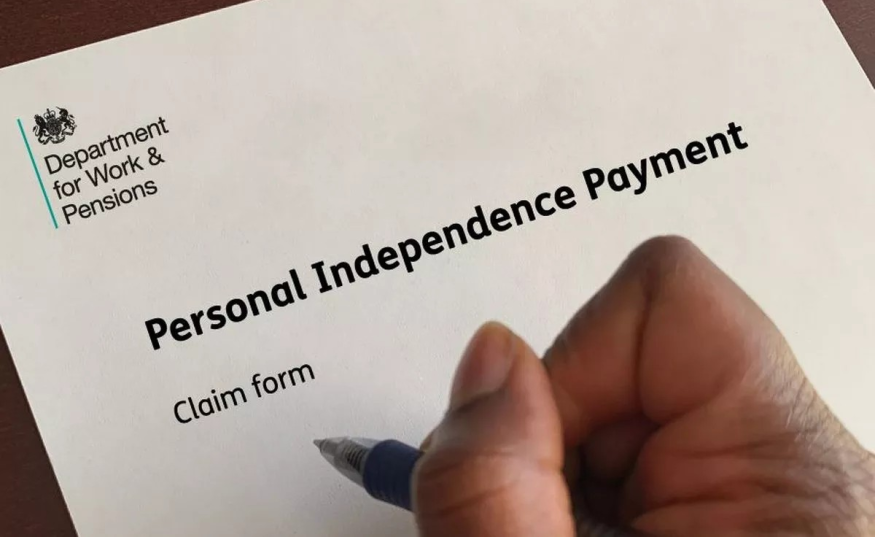
July 28, 2025
By JamRadio Newsdesk | Social Affairs
At a time when the UK is facing a mental health crisis, many vulnerable individuals are finding that the very system meant to support them — the Department for Work and Pensions (DWP) — is adding to their distress.
Across the UK, individuals living with anxiety, PTSD, or depression — many of them full-time carers — are finding that navigating the DWP's system isn’t just stressful; it’s actively harmful. What should be a lifeline has become a bureaucratic assault course.
Advertisement
The Hidden Trauma in Benefit Forms
From the outside, benefit forms might seem like necessary red tape. But to those living with anxiety, depression, PTSD, and other mental health conditions — particularly carers of disabled children — these forms have become symbols of a system that feels more punishing than protective. Claiming Disability Living Allowance (DLA) or Personal Independence Payment (PIP) often involves completing up to 40 pages of paperwork, packed with intrusive questions that force applicants to re-live the most difficult aspects of their lives. For parents of disabled children, this means detailing distress, breakdowns, and routines in forensic detail. It’s not just exhausting — it’s dehumanising.
Imagine a mother managing the relentless care needs of a non-verbal autistic child being asked, repeatedly, to explain why she needs help. Is this support — or systemic gaslighting?
Advertisement
Even with long-standing diagnoses and medical histories, applicants must “prove” their suffering again and again. For someone navigating complex mental health challenges, it’s enough to trigger a crisis.
Many give up before they’ve even begun. Not because their needs disappear, but because the system demands too high a toll just to be heard.
This isn’t rare. Charities like Mind and the National Autistic Society have warned that current benefit assessments risk pushing vulnerable people further into distress, rather than lifting them out of it.
We shouldn’t pretend this is just paperwork. It’s policy. And policy is about priorities.
Advertisment
A system that claims to value mental health should not require people to narrate their worst moments in order to survive. It should trust medical professionals. It should offer relief, not retraumatisation.
Here’s what needs to change:
- For lifelong conditions like autism, cerebral palsy, or severe mental illness, forms should be significantly shortened or waived entirely.
- GP and specialist reports should carry more weight — these are medical professionals who know the patient’s condition intimately.
- For applicants with mental health conditions, a trauma-informed approach should be standard. That may include verbal applications, simplified forms, or caseworker support.
- Clear, compassionate communication should replace generic or cold rejection letters.
These are not radical ideas. They are practical, humane solutions for a system that has lost touch with the people it serves.
Advertisement
Do We Care About Mental Health, or Don’t We?
If we truly believe that mental health matters, we need to stop building systems that undermine it.
The DWP is not a faceless institution. It is part of our government. It represents our values. Right now, those values are failing the most vulnerable — parents who are already overwhelmed, people trying to recover from trauma, families barely coping with crisis. No one should be punished for being unwell. No one should be retraumatised for seeking help.
It's time for the government to prove that compassion isn’t just a buzzword — and that mental health is not just a campaign slogan, but a commitment.
Let’s Build a System That Heals, Not Harms
Mental health isn’t just about therapy appointments and awareness campaigns. It’s about dignity. It’s about protection.
Follow us on:









